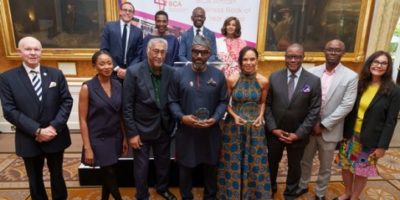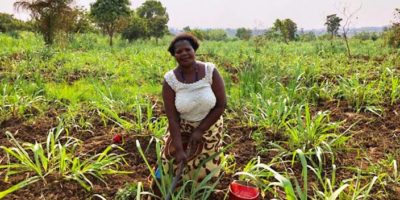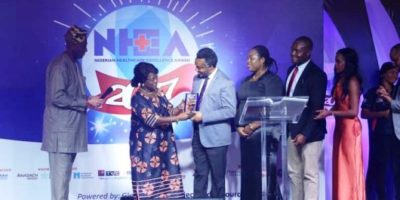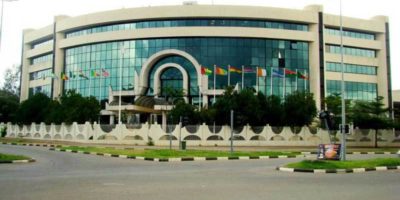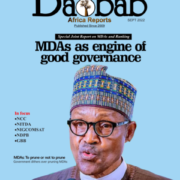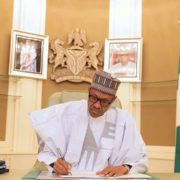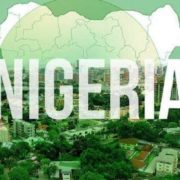A powerful coalition of leaders, activists, scholars, and policymakers gathered in South Africa for the High-Level Dialogue on Reimagining Democracy in Africa: Comparative Experiences from the Global South, hosted by International IDEA in partnership with Open Society Foundations, the African Union, and other global partners.
The two-day event, held in advance of South Africa’s G20 Presidency in November 2025, drew over 200 participants to explore new pathways for resilient, inclusive, and people-centered democratic systems—a critical response to rising authoritarianism, economic crisis, and growing public disillusionment with governance across Africa and the Global South.
A Call for a New Social Contract
Opening the event, Dr. Kevin Casas-Zamora, Secretary-General of International IDEA, emphasized that democracy is not a Western export but a universal aspiration. He called for the Global South to lead in sharing democratic innovations through collective action and knowledge exchange.
Dr. Chukwumeka Eze of the Open Society Foundations underscored the importance of economic justice as foundational to democratic legitimacy. “Democracy must deliver dignity—not just elections,” he noted, urging for a bottom-up reimagining of governance.
Former Sudanese Prime Minister Dr. Abdalla Hamdok offered a sober reflection: “The demand for democracy has not faded—what’s failing is governance. Poor performance, corruption, and inequality are pushing people to accept unconstitutional transitions as a last resort.”
Democracy Must Deliver More Than Votes
While over 66% of Africans still support democracy, speakers stressed that citizens are increasingly dissatisfied with its outcomes. Surveys such as Afrobarometer reveal growing tolerance for military takeovers when democratic institutions fail.
Professor Nkata Murungi of the University of Pretoria highlighted that the youth, women, and the urban poor are reclaiming power through protest and civic mobilization, calling this rise in activism a new form of political consciousness.
“Governments didn’t give protesters their voice—they claimed it themselves,” she said, urging that participatory democracy must engage those traditionally excluded.
Global Lessons and Feminist Perspectives
Representatives from Latin America and North Africa shared practical insights into participatory democracy. Dr. Betilde Muñoz-Pogossain of the Organization of American States emphasized, “Democracy must represent and deliver. It’s not just about free elections—it’s about protecting social rights and inclusive policymaking.”
Ikram Ben Said, a feminist and grassroots leader, reinforced that community-led and feminist movements are already building new models of democracy rooted in care, justice, and anti-authoritarianism.
Structural Innovations and Regional Reform
South African lawmaker Hon. SOR Mahumapelo proposed establishing a continental Independent Electoral Commission and using AU structures to harmonize democratic standards across Africa. Speakers also called for stronger regional accountability mechanisms to curb coups and authoritarianism.
The Dialogue emphasized a decolonial, African-centered vision of democracy, responsive to local realities, historical memory, and the needs of marginalized communities.
Facing New Global Threats
Participants also examined emerging threats to democracy including climate change, digital disinformation, and shrinking civic space. The Dialogue urged governments and civil society to innovate policy frameworks that protect freedoms while adapting to digital-age challenges.
A Renewed Vision for Democratic Futures
Closing the event, Dr. Eze reaffirmed the urgency of transforming democracy into a system that delivers equity, dignity, and justice. “It is the people—mobilized, organized, and united—who will lead that transformation,” he declared.
With a unified voice, participants called for sustained political will, grassroots inclusion, and cross-regional solidarity to advance democracy in Africa and the Global South—not as an ideal, but as a lived experience that transforms lives.






